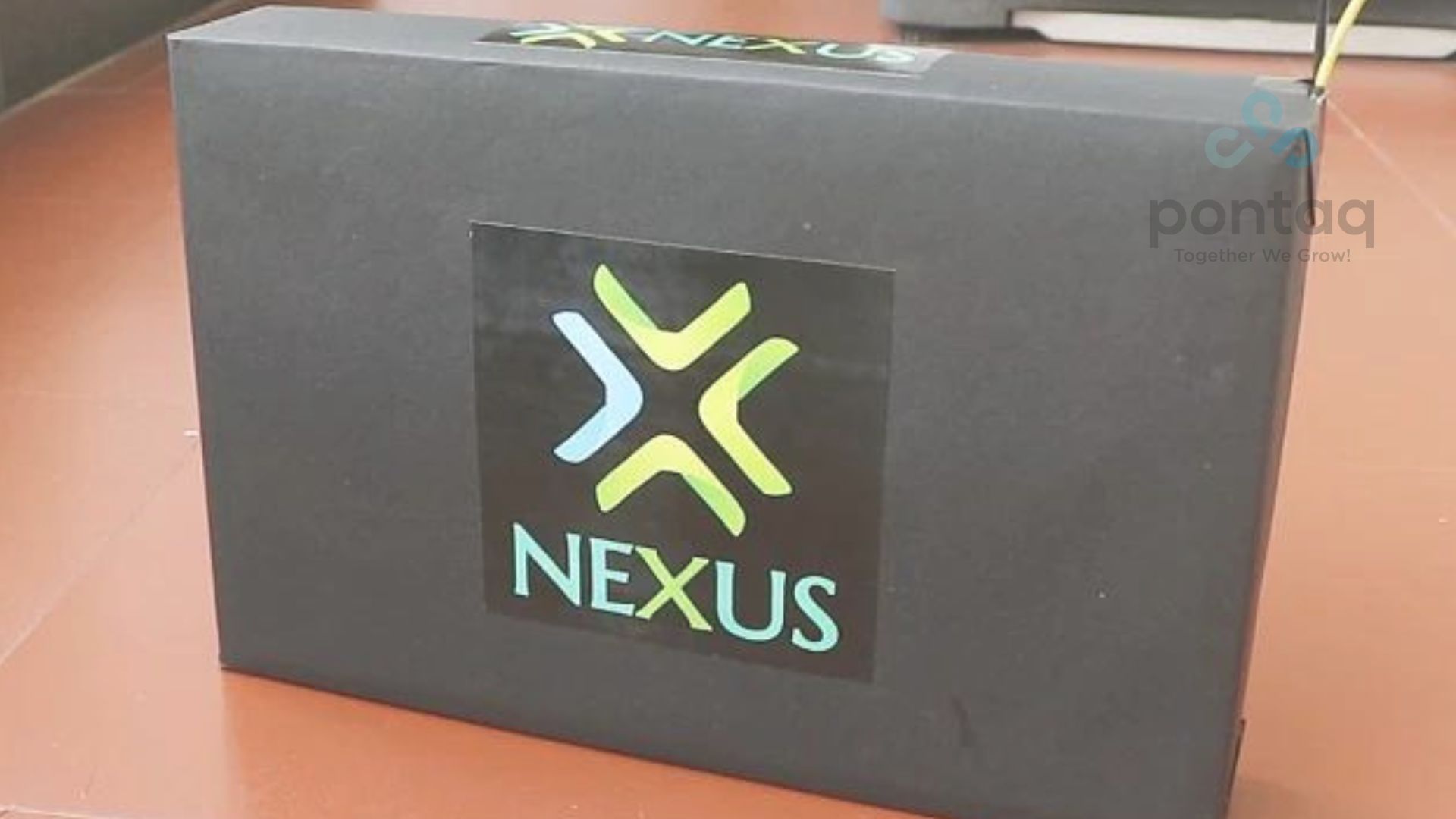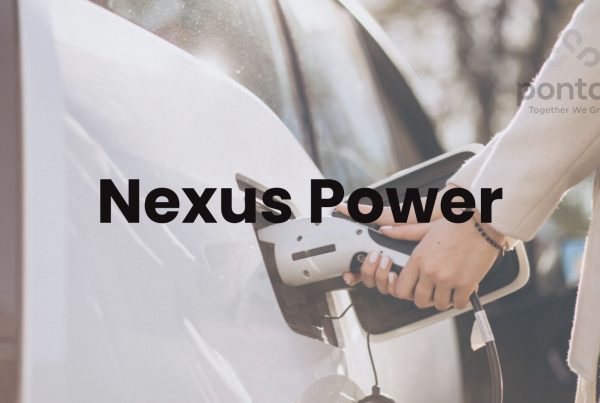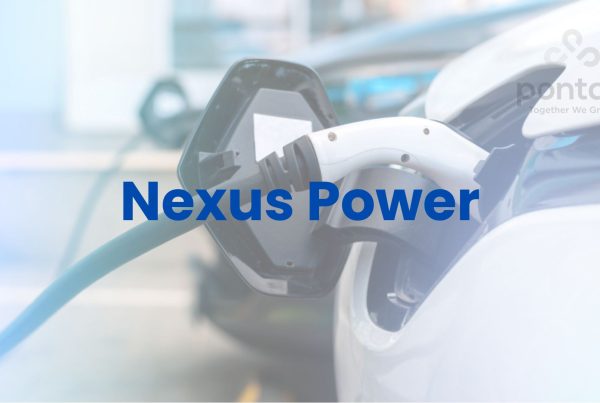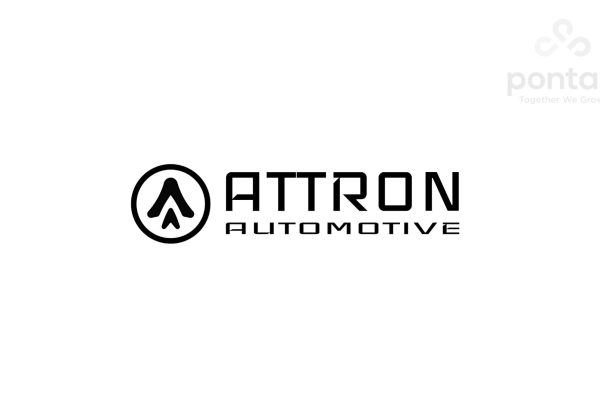A new study by the CEEW Centre for Energy Finance has revealed that electric vehicles will be a $206 billion opportunity for India by 2030. But to make this happen, the country will need an estimated annual battery capacity of 158 GWh by FY30.
It was to green this ambition and make a sustainable impact in the EV space that twin sisters Nishita and Nikita Baliarsingh launched an EV battery startup that upcycles agricultural waste. The duo launched Bhubaneswar-based Nexus Power in 2019 to provide battery technologies for electric vehicles.
Their idea was one: to build a green alternative as efficient and effective as other batteries available in the market.
Nexus Power is now building biodegradable electric vehicle batteries from crop residue, focusing on batteries for electric two and three-wheelers.
Speaking to YourStory, Nikita explains that the duo initially wanted to manufacture electric vehicles, but their research revealed that consumers did not prefer EVs over conventional IC Engine cars “because of long battery charging time, expensive cars, lack of local sources for procurement of lithium, and toxicity hazards”.
“We wanted to help improve the e–mobility sector. Our research led us to realise that the battery had to be perfect to make electric vehicles popular. We focused on continuous research and development, and finally ended up making an effective innovation in EV batteries,” she says.
Nikita did a master’s course in media and mass communication while Nishita completed her studies in corporate finance.
Nishitawent on to study battery thermal management, hybrid electric vehicle designing and innovation, and IP rights in a bid to find battery solutions for electric vehicles. Nikita did a couple of courses in selection of nanomaterials for energy storage.
“We procure the unburnt crop remains and manufacture rechargeable energy-storing cells from this by applying a unique extraction and filtration process. Multiple such cells go into making the IoT and AI-based sensor-enabled battery pack used in EVs,” Nikita says.
A cell comprises three structural elements: the cathode, anode, and electrolyte. “We build all these elements with nanodot proteins derived from crop residue.”
Nikita explains that the batteries are eco-friendly, sustainable, and lithium-ion free. Since the raw materials are available at a low cost, the price of the end product is also reduced, solving for the cost factor.
“Procurement of crop waste helps farmers earn an additional income of Rs 25,000 for every 100 batteries. Also, our patented technological innovations will let us eradicate seven billion tonnes of carbon dioxide from the atmosphere by the next century,” she claims.
Nexus is currently developing batteries for electric two and three-wheelers. The company may later expand in other sectors such as consumer electronics and solar energy storage among others.
Source Article: https://yourstory.com/2020/12/startup-bharat-bhubaneswar-based-nexus-power-ev-battery-startup





